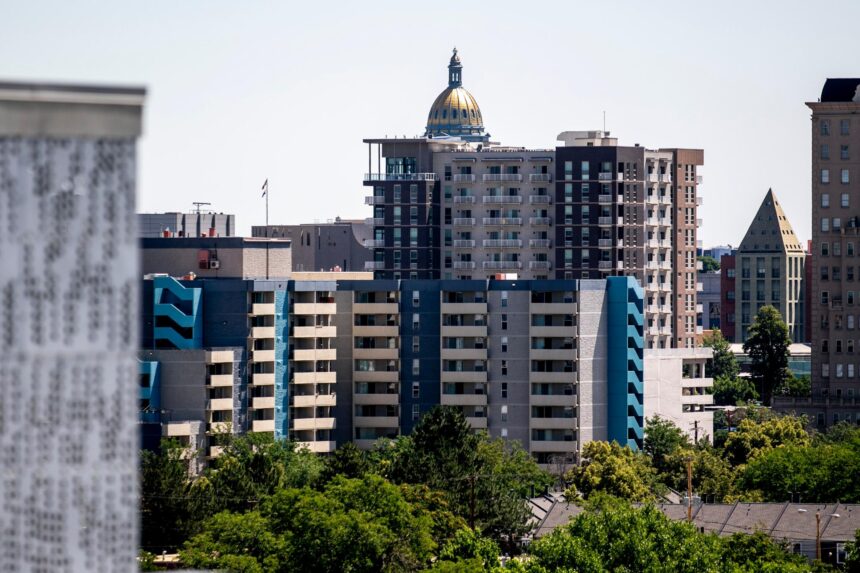Polis Takes Strong Stance on Housing Compliance for Colorado Cities
Governor Jared Polis has escalated his campaign to compel local governments across Colorado to adhere to newly established state housing regulations. In a significant move announced today, Polis signed an executive order mandating that by October 6, local municipalities must comply with these housing laws to qualify for a portion of $280 million available through various state grants focused on transportation, energy, and more.
“This funding comes from Colorado taxpayers, and we want to ensure it supports communities that are proactive in addressing housing challenges,” Polis stated. This directive expands upon a previous order signed on May 16, which threatened the withdrawal of state funding from cities and counties failing to enact housing policies aligned with state mandates.
Scope of the Order
This recent order delineates several discretionary grants and loans that could be hindered, including those associated with:
- Housing development
- Land use
- Transportation
- Infrastructure
- Historic preservation
- Mixed-use development incentives
- Environmental conservation
- Energy initiatives
- Climate action
Polis has positioned affordable housing as a pivotal aspect of his agenda during his second term, encountering pushback from local leaders who perceive these mandates as undermining their autonomy. The governor’s approach has also spurred a legal challenge from six “home rule” cities along the Front Range, which argue that the state is overstepping its bounds by dictating local land-use decisions.
Concerns from Local Leaders
Mayor George Lantz of Greenwood Village articulated the sentiment of many local officials: “This continues the pattern of diminishing our residents’ voices in the governance of their own communities.” According to Lantz, this top-down method neglects the unique characteristics and requirements of individual municipalities.
Kevin Bommer, Executive Director of the Colorado Municipal League, echoed these concerns, asserting that the governor’s actions could invalidate the legislative intent behind existing regulatory frameworks. “None of the executive order aligns with statutory or regulatory authority currently in place,” remarked Bommer.
Despite the criticisms, Polis defended his strategies, differentiating them from previous federal tactics that imposed inappropriate requirements. “Our focus is on executing the laws that the legislature has established to enhance housing availability for Colorado residents,” he emphasized. As he prepares for his final session as governor, Polis acknowledged that improving the housing market is a gradual endeavor that will not yield immediate results.
Impact on State Funding
While Polis reassured that the grants associated with his executive order should not face drastic cuts due to anticipated budget shortfalls, he acknowledged that actual amounts may be adjusted due to fluctuating state revenues. “In times of economic uncertainty, directing essential state funds to initiatives that relieve living costs for Coloradans is paramount,” stated Polis.
Local Compliance and Future Outlook
Polis’s office plans to publish a list of cities that are meeting the state housing requirements by early October, categorizing municipalities into three groups: enthusiastic supporters, middle-ground players, and detractors. He stressed the importance of transparency in the compliance process, asserting that various laws will be integrated into grant criteria by the defined deadline.
| Category | Funding Amount |
|---|---|
| Total Grants Available | $280 Million |
| Housing Development | Varies |
| Transportation Initiatives | Varies |
| Energy and Climate Efforts | Varies |
As Colorado anticipates population growth of an additional 1.7 million residents by 2050, this executive order aims to align state and local strategies to foster sustainable growth while allowing for local discretion in compliance approaches. “Successful implementation of these policies supports affordable housing developments that align with community needs,” stated Matt Frommer of the Southwest Energy Efficiency Project.




